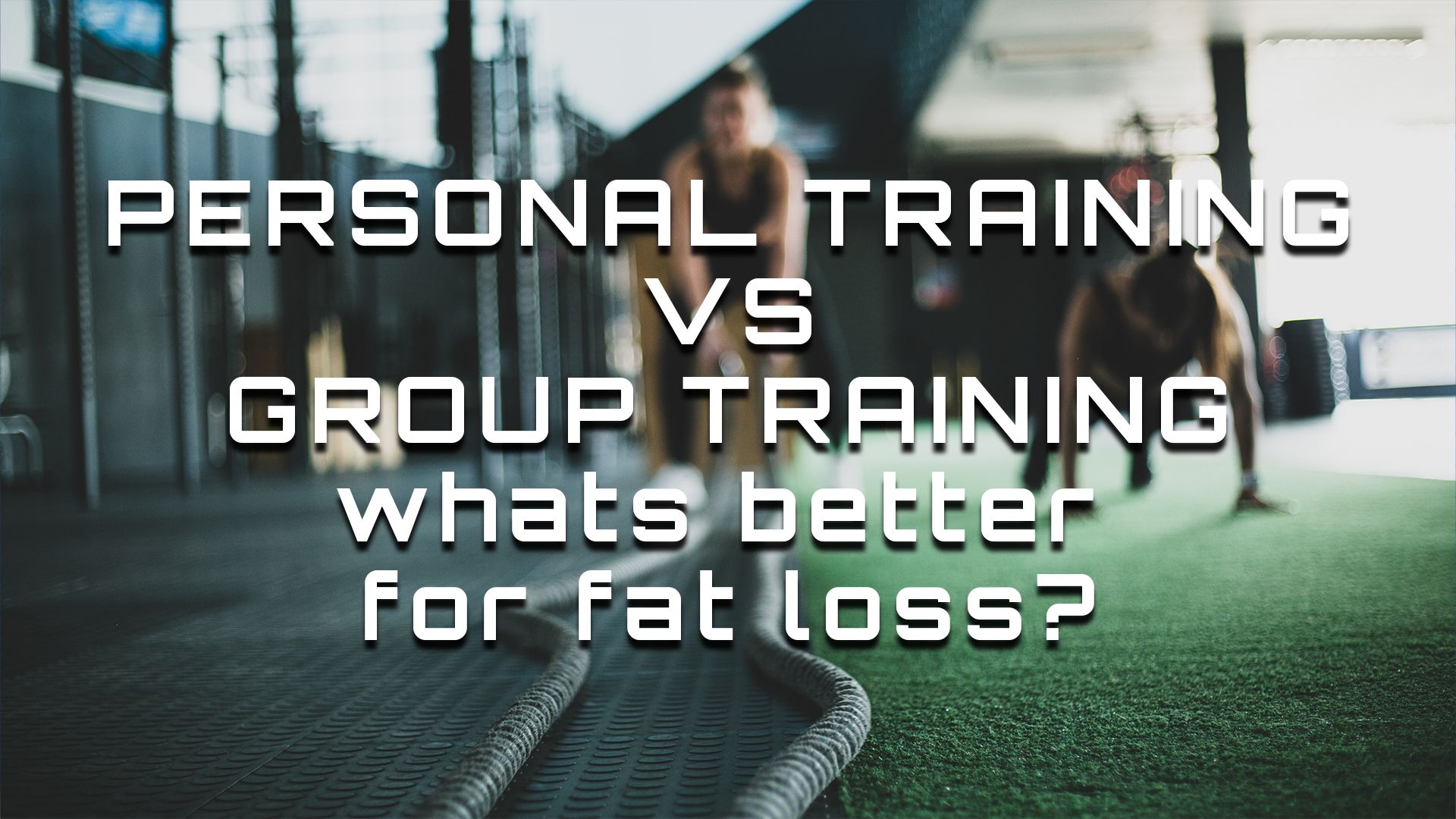
When it comes to weight loss, there are many factors that can impact your success, and one of the most important is exercise. But with so many different types of workouts and training options available, it can be hard to know what will be most effective for you. Two popular options for fitness training are personal training and group training. So, which is better for fat loss? Let's take a closer look at the benefits and drawbacks of each.
Personal Training:
Personal training is a one-on-one training session with a certified personal trainer. This type of training is great for people who are looking for individual attention and support, as well as a customized workout plan tailored to their specific needs and goals. Personal trainers can help you set realistic goals, create a plan that works for you, and adjust your workouts as you progress.
The benefits of personal training for fat loss are clear. With a personalized workout plan, you can target specific areas of your body that need extra attention, and your trainer can push you to reach your maximum potential.
Additionally, having a personal trainer can help keep you accountable and motivated, which is crucial when it comes to sticking with a workout plan and achieving your goals.
However, personal training can also be quite expensive, as you are paying for individual attention and expertise. Additionally, some people may find it intimidating to work one-on-one with a trainer, especially if they are new to fitness.
Group Training:
Group training is a workout session with a group of people led by a certified fitness instructor. This type of training is great for people who enjoy the camaraderie of working out with others, as well as the motivation that comes from a group setting. Group training can be a fun and social way to work out, as you are able to connect with others who share your fitness goals.
The benefits of group training for fat loss are also clear. With the support and motivation of a group, you may be more likely to push yourself harder and stay committed to your fitness goals. Additionally, group training is often more affordable than personal training, as the cost is spread out among multiple people.
However, group training may not be as effective for targeting specific areas of your body, as the workouts are designed to be done by a group and may not be tailored to your individual needs. Additionally, some people may find it difficult to keep up with the pace of a group workout or may feel self-conscious working out in front of others.
So, which is better for fat loss: personal training or group training? The answer is that it depends on your personal preferences and needs. If you are looking for individual attention and a customized workout plan, personal training may be the best option for you. However, if you enjoy working out in a social setting and are looking for a more affordable option, group training may be the way to go.
Ultimately, the key to successful fat loss is consistency and commitment, regardless of the type of training you choose. By staying committed to your fitness goals and sticking with a workout plan that works for you, you can achieve the results you desire.
#ruislip #ptlondon #fitness #health #london #pinner #personaltrainer #mobility #exercise #weightloss #healthtips

Start Today!
Ready to transform your fitness journey? Take the first step towards achieving your goals with personal training!
My take on Health and Fitness



